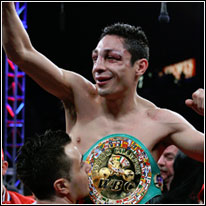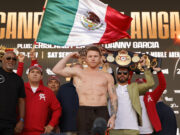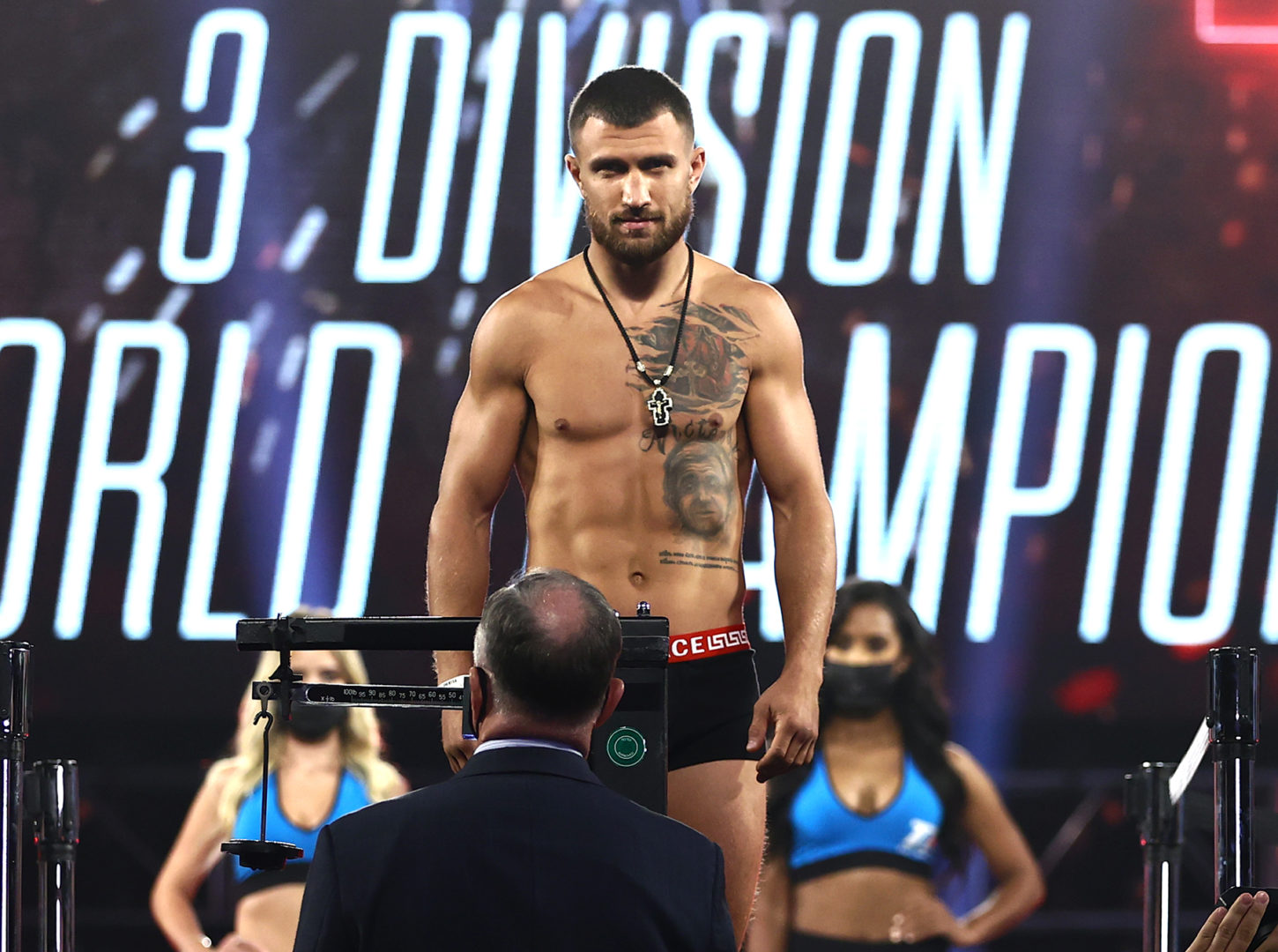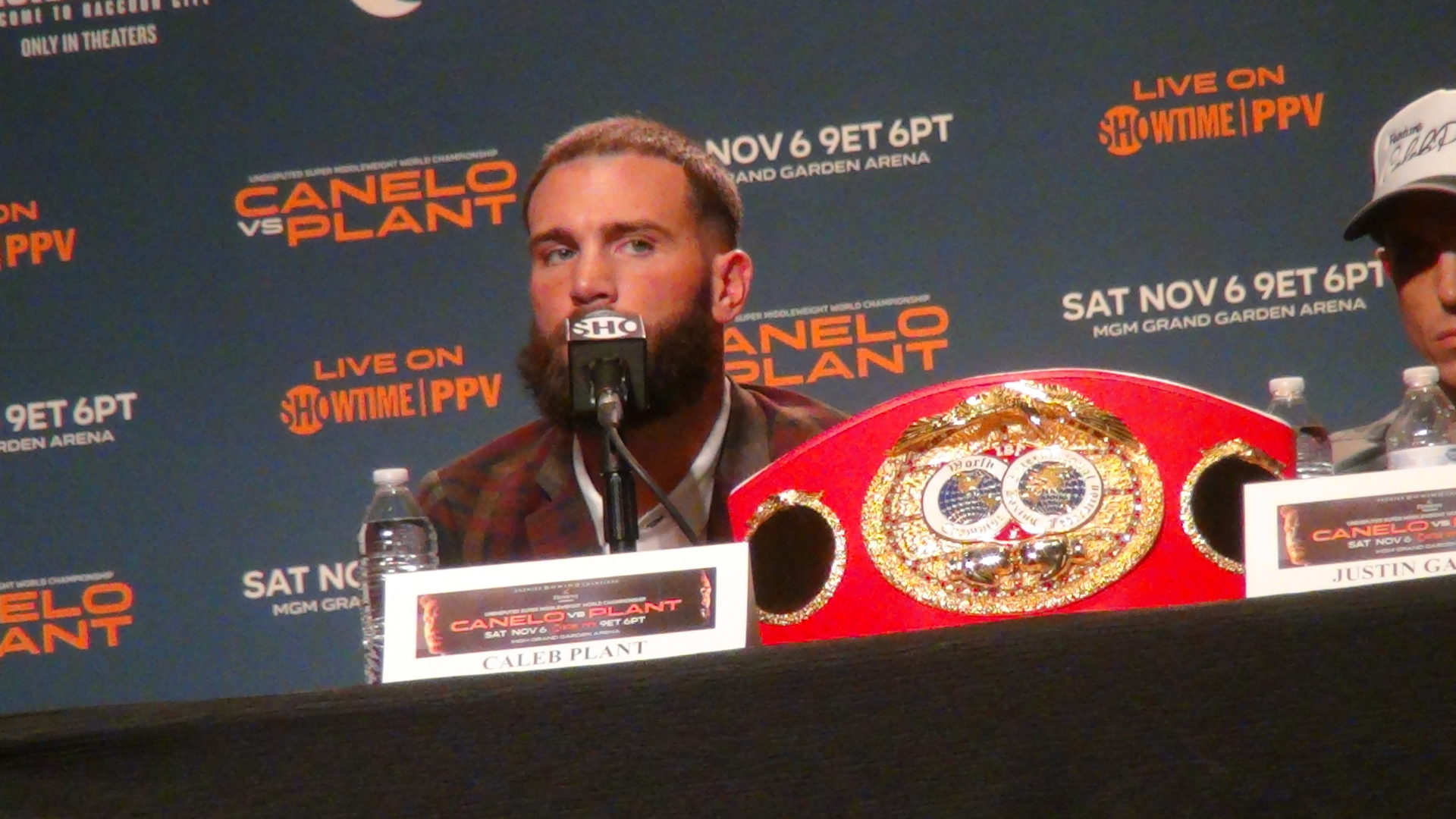By Bart Barry-

SAN ANTONIO – Saturday at this city’s fantastic Luna Music Bar & Lounge a talented blues singer from Houston named Annika Chambers, also a friend, expertly played to an enthusiastic full house. As the blues as an artform so obviously comes from a place of pain, and as Annika so exquisitely balances this pain with expressions of euphoria and sexuality, and proper stagecraft, the show afforded hours of opportunity to consider pain’s role in performance, and the traditional if not so uplifting tariff it demands from performers.
Saturday brought a reminder that if you’re going to endeavor to entertain others you must sell it out and leave little of yourself at the end or there’ll be resentment or worse indifference. There’s a sort of preparational willfulness that enables flowing through a performance, even one such as this, but it’s a dangerous place to be, this mania for one’s own maniacal preparation, because it posits some knowledge of others’ preparation, a thing that cannot be better than an estimation and usually much less, and comes with a trickier-still definition of “others” to include one’s past self.
One wonders if it’s possible to flow simply from practice to performance – like a chipping style golf embraced a generation ago wherein a player takes practice chips, three or four, within his stance, then merely extends his hands a few inches out for the fifth practice swing, connecting with the ball and overcoming what anxiety brings yips – or if performance integrity requires one make an intentional shift, one to the other, before doublingback years later to realize all previous performances are in fact practices. When we talk of seasoning and experience in boxing as in the arts we refer to this doublingback, this feedback loop, wherein the performance experience benefits the performer more than further practice would.
But whither preparation?
And again.
Blessed be the performers who ply their wares without this autointerrogation: Either they’re joyful beginners who’ve yet to make improvements substantial enough to interrogate or they’re joyful masters who recognize such questions’ futility as they arise. And in between comes the obligation to make it look masterful onstage regardless of doubt, to occupy one’s performance personality and show boundless authority – because an abundance of authority fools all but the masters (never more’n a handful in any discipline) while an absence of authority is the one sin no member of any sort of audience forgives.
Prizefighters used to know all this and only recently forgot it, using publicity mechanisms to offset their lacking authority onstage, successfully fooling themselves and a few kids following the sport on illegal streams but absolutely nobody who would purchase a ticket or pay-per-view. From here a few will luck into competitive confrontations, matchmade accidentally, and win a relative sort of acclaim and a relative sort of wealth but ultimately it all feels authentic as paying an alltime great like Sugar Ray Leonard to liken Thurman-Garcia to his first match with Thomas Hearns; not Leonard or Hearns or Keith Thurman or Danny Garcia could respect or even like anyone who fell for this.
It betrays a variably concealed sort of contempt for its audience one finds in the very roots of the PBC; where Bob Arum and Oscar De La Hoya, and before him Don King, often lie boldly and baldly to and about us they do it to keep the balls in the air and attract attention to whatever they’re vending, but the PBC’s founding vision appears to be something like: Anyone who would watch something violent as boxing is a lowlife, a savage, a malcontent, and to that sort of organism only brutality and volume matter, so give them half-naked men punching and lots of neon and noise, then sit back and watch the jackpot pay-out.
We’ll see.
This seems good a place as any to consider the role pain plays in performance, so let us. Some 19th century thinker – must’ve been a German – wrote something about pain being a primary source of creativity, and if it was truer then than now it is only just. Pain brings an agitation of sorts that is alleviated or endured a number of ways, and for some of us no way more effectively than creating, which in this context may be a synonym for performing (which may be a lunge too desperate to connect this column to Saturday’s concert to boxing [we’re about to find out], but in case it isn’t, watch this:).
In the enduringly excellent documentary “Pumping Iron” the preternaturally charismatic Arnold Schwarzenegger, before he became a Hollywood icon or California governor, talks about a willingness to experience a transcendent sort of pain that necessarily changes a person from a contender to a champion, and to punctuate his point Schwarzenegger encourages lifting weights till unconsciousness or vomiting intervene. On the other end of this suffering, provided it be horrendous enough, lies acclaim, which takes one directly to Marvelous Marvin Hagler’s silk-pajamas conundrum. But working backwards, notice how few prizefighters find acclaim enough to stroll happily away from our beloved sport – or for that matter how few writers arrive at a state from which the acclaim-seeking act of publication appears absurd, or how few stage performers blissfully retire on their own terms.
Those who have reserves of pain abundant enough to master their craft – and recall: longevity is an equal partner of talent and originality’s – probably deplete themselves so fully in the performance act they continually return to a weakened state that lets more pain seep in. That’s the ambivalence Annika’s performance brought Saturday that was the same ambivalence Israel Vazquez’s third match with Rafael Marquez brought years ago at ringside: As an admirer I have no right to ask this much of another person; but as an audiencemember, gosh, I’m glad their preparatory suffering was so thorough.
Bart Barry can be reached via Twitter @bartbarry





















